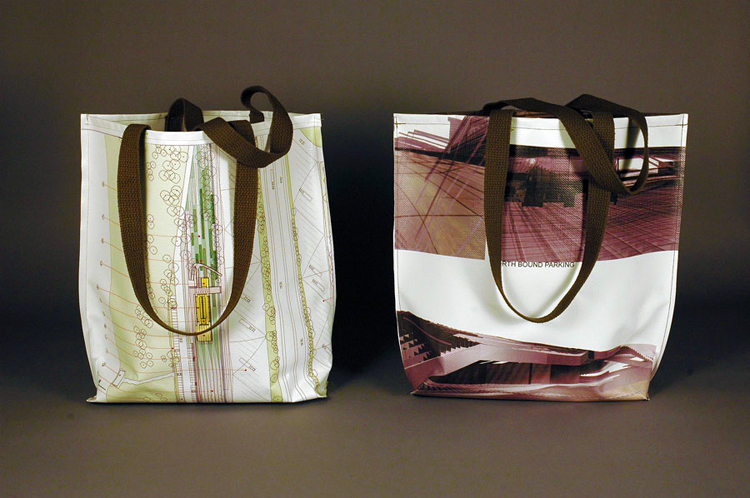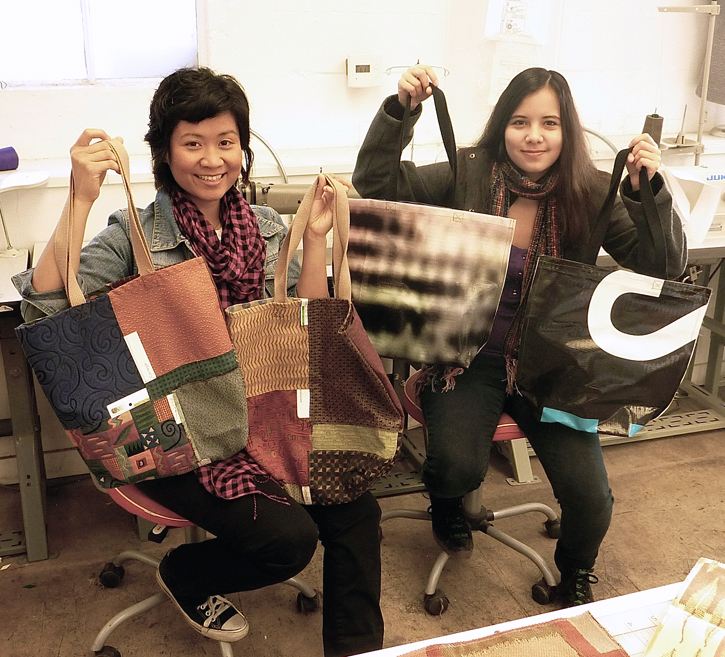| |||||||||
| |||||||||
| ENVIRONMENTAL SUSTAINABILITY | |||||||||
| The Green Museums Accord |
|||||||||
| |||||||||
|
… Public education programs that use no consumables and instead of “make and take”, the creations are photographed and incorporated into a museum display at the Gateway Science Museum in Chico … A green purchasing policy for all areas of operations to solicit vendors that practice sustainability, and work with a local university to measure their ecological footprint and implement a plan for improvement at San Diego Zoo Global … An ongoing electronic waste disposal drop-off, which has collected over 350,000 pounds of e-waste and generated about $39,000 in revenues for the future construction of an outside demonstration exhibit at the Roseville Utility Exploration Center … A double platinum-standard LEED-certified building where staff is extensively trained on green practices, and share their expertise with not just visitors, but the museum community by hosting training workshops at the California Academy of Sciences in San Francisco … Exhibitions that use existing or salvaged components from university campus waste, and graphics that are printed on fabric and made into re-useable products by fashion design students at the UC Davis Design Museum | |||||||||
|
These are all examples of the ways that the participating museums are upholding the Green Museums Accord. Launched in 2010 by the California Association of Museums, the Accord encourages museums to become catalysts for environmental sustainability. The goal is straightforward: every museum, regardless of mission, size or resources, can do something to support a sustainable future. Adoption is simple: it is a non-legally binding commitment to start greening your museum. The institution-wide pledge consists of these five principles:
The Aquarium of the Pacific in Long Beach is a good example of another institution that fully embraces these principles. Not only does it practice sustainable operations and programming, it believes that people are equally important, and social capital is the glue that holds communities together and gives them resilience and sustainability. Building community takes work and this happens when people focus on the greater good. The goal now is to expand the Green Museums Accord nationally. It’s your turn to sign on and serve the greater good: http://www.greenmuseums.info. | |||||||||
|
Photo: Fashion design students at the US Davis Design Museum use existing or salvaged components from university campus waste, and graphics that are printed on fabric and made into re-useable products. | |||||||||

Photo: Re-usable bags made by fashion design students at the UC Davis Design Museum | |||||||||
| Back to Cultural Capital Spring 2012 main page... | |||||||||
CURRENT ISSUE | PRINT ISSUE | ARCHIVE | CONTACT | SUBSCRIBE | |||||||||
Copyright © Lord Cultural Resources, www.lord.ca. All Rights Reserved. Lord Cultural Resources values your privacy and does not sell or trade email addresses. |


 By Tim McNeil,
By Tim McNeil,